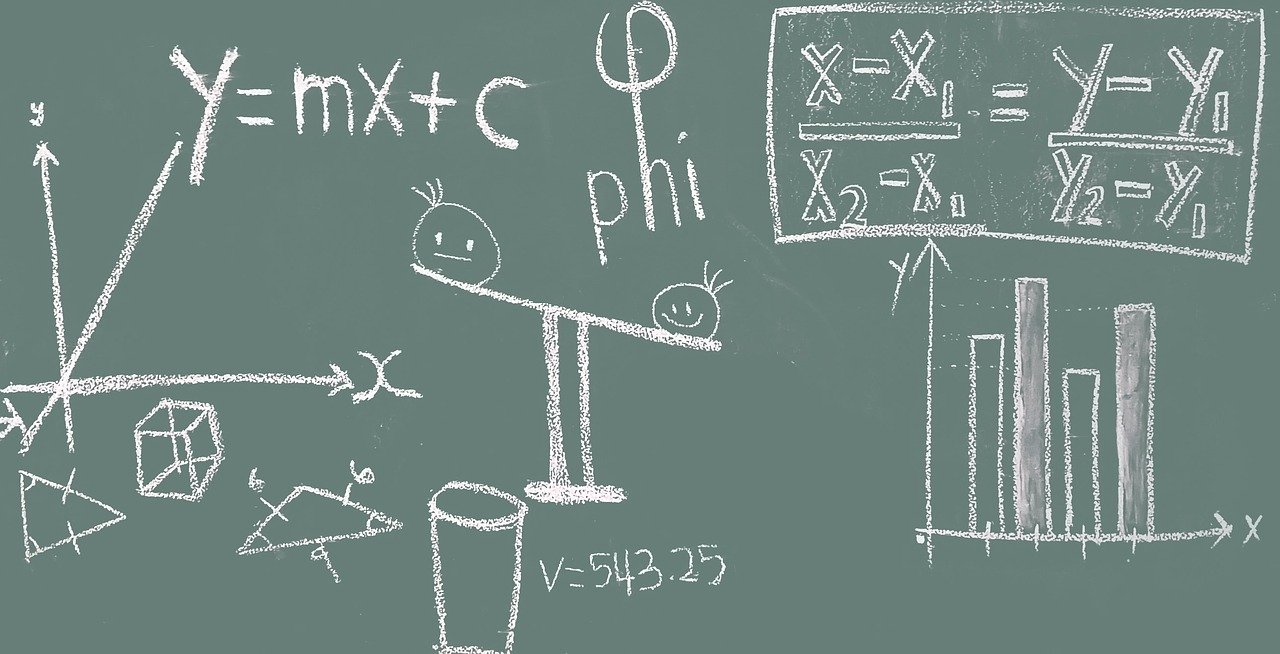The Ripple Effect of Weak Foundations in Math
The Ripple Effect of Weak Foundations in Math
------------------------------
Do you have a child who is either in class 9 or 10 and struggling with mathematics? If your answer is yes, then you're in the right place.
The COVID-19 pandemic has reshaped our world, affecting nearly every facet of our lives, including education. When the pandemic hit, the sudden shift to virtual learning posed a significant challenge, especially for those students who were already grappling with math concepts. Furthermore, the disruption extended to the assessment process.
Consider, for instance, the journey of a student who, at the onset of the pandemic, was in class 7 and now finds themselves in class 10. The effects of this disrupted education are still palpable, particularly in their understanding of mathematics.
The Ripple Effect: A Cascading Impact Mathematical learning
Now, let's delve deeper into how the lack of clarity in foundational concepts from class 7 is affecting students' understanding of topics in class 10 mathematics and even some physics concepts.
Imagine a student who, during the pandemic, missed out on grasping fundamental concepts from class 7 mathematics. Perhaps the concept of fractions, percentages, or algebraic equations wasn't entirely clear. Fast forward to class 10, where these fundamental concepts form the basis for more complex topics in mathematics.
In this context, consider a student who is able to understand class 10 topics, such as quadratic equations or trigonometry. They might grasp these advanced concepts quite well. However, here's the catch: these topics also rely on concepts from previous classes, particularly classes 7th and 8th. When it comes to applying these foundational concepts from the earlier grades, the student encounters difficulties.
So, what does this scenario reveal? It suggests that while they may excel in the latest class's content, their grasp of these fundamental concepts from earlier grades is not clear. This disconnect becomes evident when they attempt to integrate these foundational ideas into their current studies.
This situation exemplifies the far-reaching impact of missing out on fundamental math concepts, where even advanced topics are built upon a shaky foundation. The need to solidify these foundational concepts becomes increasingly critical as students progress through their academic journey.
Understanding the Cumulative Property of Math
In the world of mathematics, there's a fundamental concept that plays a pivotal role in a student's understanding and proficiency: the cumulative property. The cumulative property signifies that mathematical knowledge is built upon itself, with each concept serving as a building block for subsequent ones.
To illustrate this, let's return to the example of a student who has reached class 10 but struggles with fundamental concepts from classes 7th and 8th. Here's where the cumulative property comes into play:
1.Building Blocks of Learning: Think of mathematics as a sequence of interconnected building blocks. Each block represents a specific concept or skill, starting from the very basics and progressing to more advanced ones. Just like constructing a tower, you can't add the upper floors without a solid foundation.
2. A Chain Reaction: When a student encounters a new topic, such as quadratic equations or trigonometry in class 10, they're essentially adding another layer to their mathematical understanding. However, these advanced topics rely heavily on the concepts and skills they've learned in previous classes.
In essence, the cumulative property of math emphasizes the idea that mathematical knowledge is a continuum. Each concept learned builds upon the ones that came before it. Therefore, ensuring a solid understanding of fundamental concepts from earlier classes is not just a matter of excelling in the current class; it's about paving the way for a smoother mathematical journey in the future.
Addressing Weak Foundational Math Concepts: Strategies for Success
1. Open Communication with Existing Tutors:
If your child is already receiving in-person tuition, consider initiating a conversation with their tutor. Express your concerns about foundational math concepts and the need for strengthening these basics.
Request that the tutor allocate dedicated time, perhaps 20 to 30 days, to reinforce fundamental concepts from earlier grades. Emphasize that this isn't a step backward but a crucial part of building a strong math foundation.
2.Regular Practice and Homework:
Consistency is key. Ensure that your child consistently practices math and revisits earlier concepts through homework and exercises.
Online platforms often provide a variety of math problems and assignments that can reinforce foundational knowledge. Encourage your child to complete these regularly.
3.Parental Involvement:
Parents play a crucial role in their child's education. Stay involved and engaged in your child's math learning journey.
Review their homework, provide support, and create a positive learning environment at home. Your encouragement and involvement can significantly impact their progress.
4.Leverage Online Resources and Learning Platforms:
Over the last three years, the methods of teaching have evolved, harnessing advanced technology. Online learning platforms have become more sophisticated, offering tailored approaches to learning.
Our institute, for instance, has been at the forefront of this shift, providing online education to students, especially those from the Gulf countries. Under our guidance and supervision, many students have witnessed a significant improvement in their mathematics performance and understanding.
In conclusion, while the disruptions caused by the pandemic were indeed significant, they can be overcome with the right strategies and resources. By addressing weak foundational math concepts effectively, you can pave the way for your child's success in mathematics and their academic journey as a whole. The combination of open communication, regular practice, parental involvement, online resources, and the advancements in teaching methods has the potential to bridge the gap in foundational math knowledge and set your child on a path to mathematical proficiency and academic excellence.







